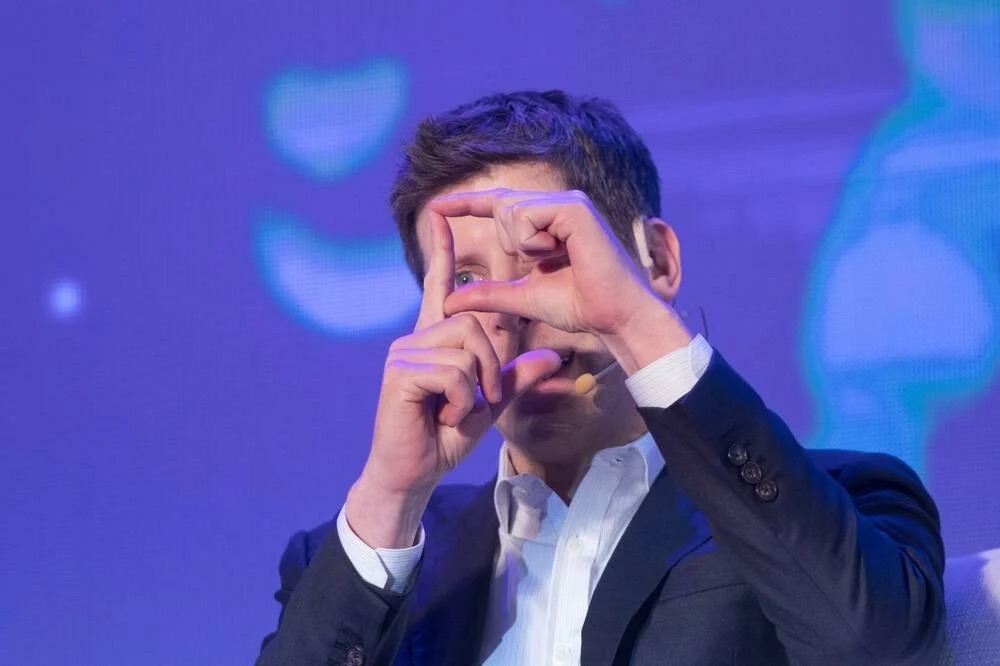
In a new essay titled “The Gentle Singularity” published Tuesday, OpenAI CEO Sam Altman outlined his latest vision for how artificial intelligence will transform human life over the next 15 years. The essay is typical of Altman’s style—balancing excitement about the near arrival of artificial general intelligence (AGI) with caution, while hinting at what OpenAI is developing next.
AI Systems Discovering New Ideas
Altman stated that in 2026, AI systems will “likely see the arrival of [AI] systems that can figure out novel insights.” Though somewhat vague, this aligns with OpenAI’s recent focus on developing AI models capable of generating new, valuable ideas. When announcing their o3 and o4-mini reasoning models in April, OpenAI’s co-founder Greg Brockman noted these were the first AI models used by scientists to produce genuinely new, helpful concepts.
OpenAI is not alone in this effort. Competitors are also training AI to aid scientific discovery. For instance, Google recently introduced AlphaEvolve, an AI coding agent that generated novel approaches to complex math problems. FutureHouse, a startup supported by former Google CEO Eric Schmidt, claims its AI has made real scientific discoveries. Anthropic launched a program in May to support scientific research using AI.
If successful, these developments could automate significant parts of scientific processes, opening doors to breakthroughs in drug discovery, materials science, and other science-driven industries.
Altman’s essay echoes a previous post in January where he predicted 2025 would be the “year of agents.” Following that, OpenAI released AI agents like Operator, Deep Research, and Codex. However, generating genuinely novel insights may prove a tougher challenge than making AI agentic.
Skepticism from the Scientific Community
Many experts remain skeptical about AI’s ability to produce truly original insights. Hugging Face’s Chief Science Officer Thomas Wolf argued that current AI cannot ask the critical questions needed for scientific breakthroughs. Kenneth Stanley, former OpenAI research lead, has said current models lack the ability to generate novel hypotheses.
Stanley now leads a team at Lila Sciences, a startup with $200 million in funding dedicated to developing AI that can create better scientific hypotheses. The challenge lies in teaching AI what constitutes creativity and novelty.
Whether OpenAI’s efforts will succeed in creating AI that can produce groundbreaking insights remains uncertain. Nonetheless, Altman’s essay offers a glimpse into where OpenAI might be headed next.
Author’s Opinion
While the prospect of AI generating novel scientific insights is exciting, it’s important to temper expectations. True creativity requires intuition and deep contextual understanding—traits AI has yet to master fully. OpenAI’s ambitions signal progress, but real breakthroughs will demand significant innovation and collaboration between humans and machines.
Featured image credit: The Register
For more stories like it, click the +Follow button at the top of this page to follow us.
